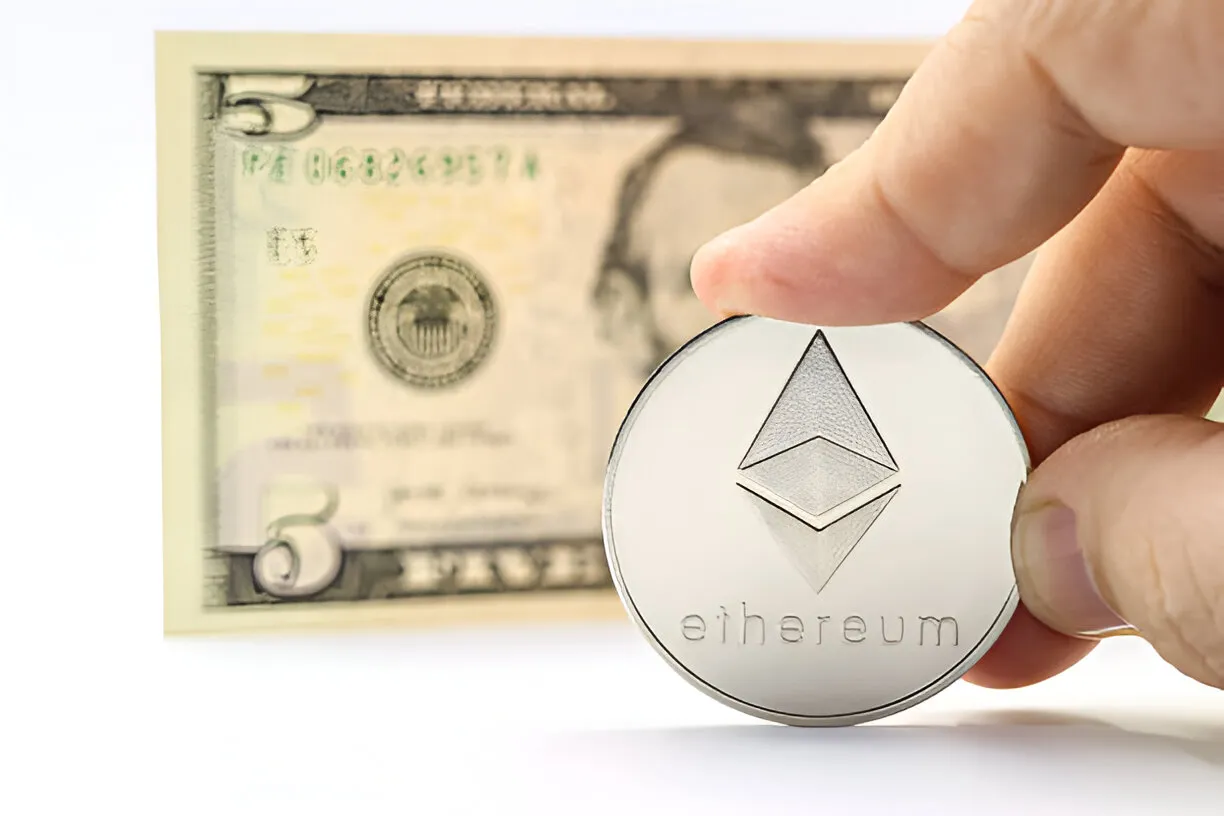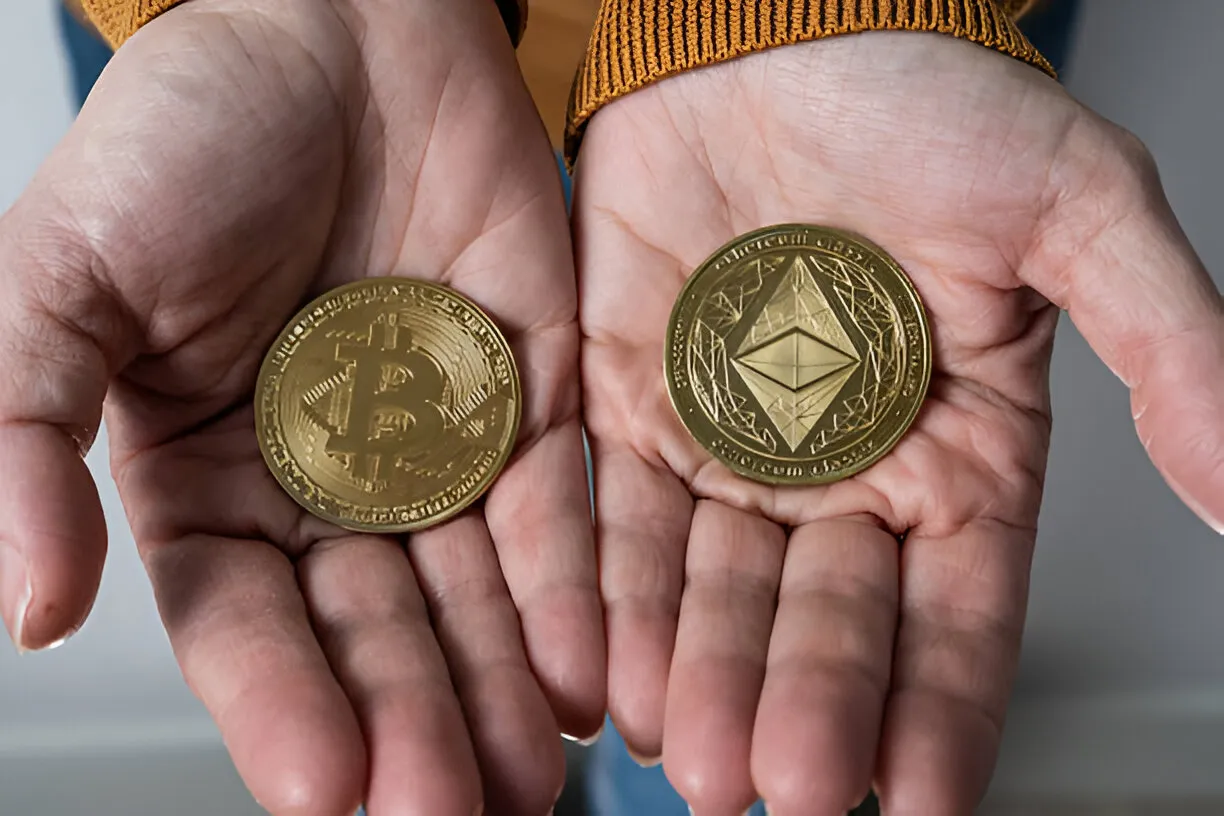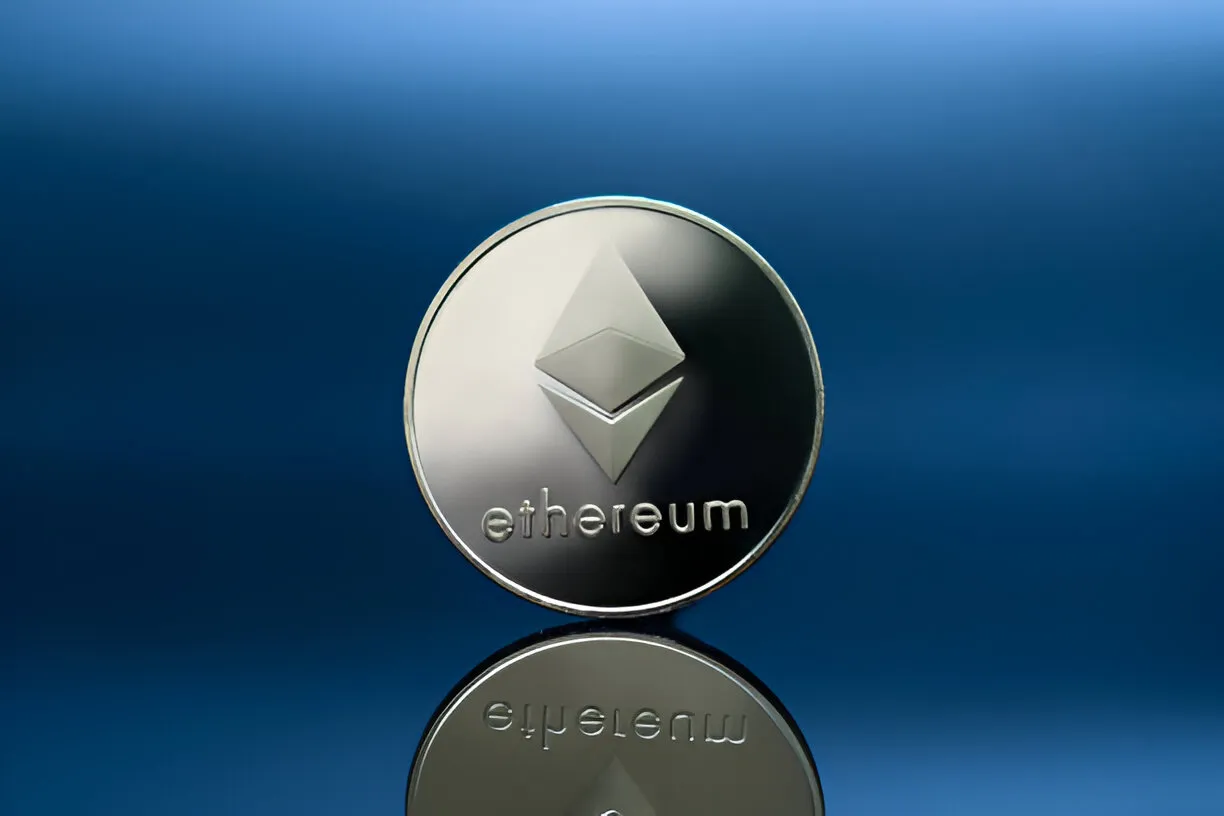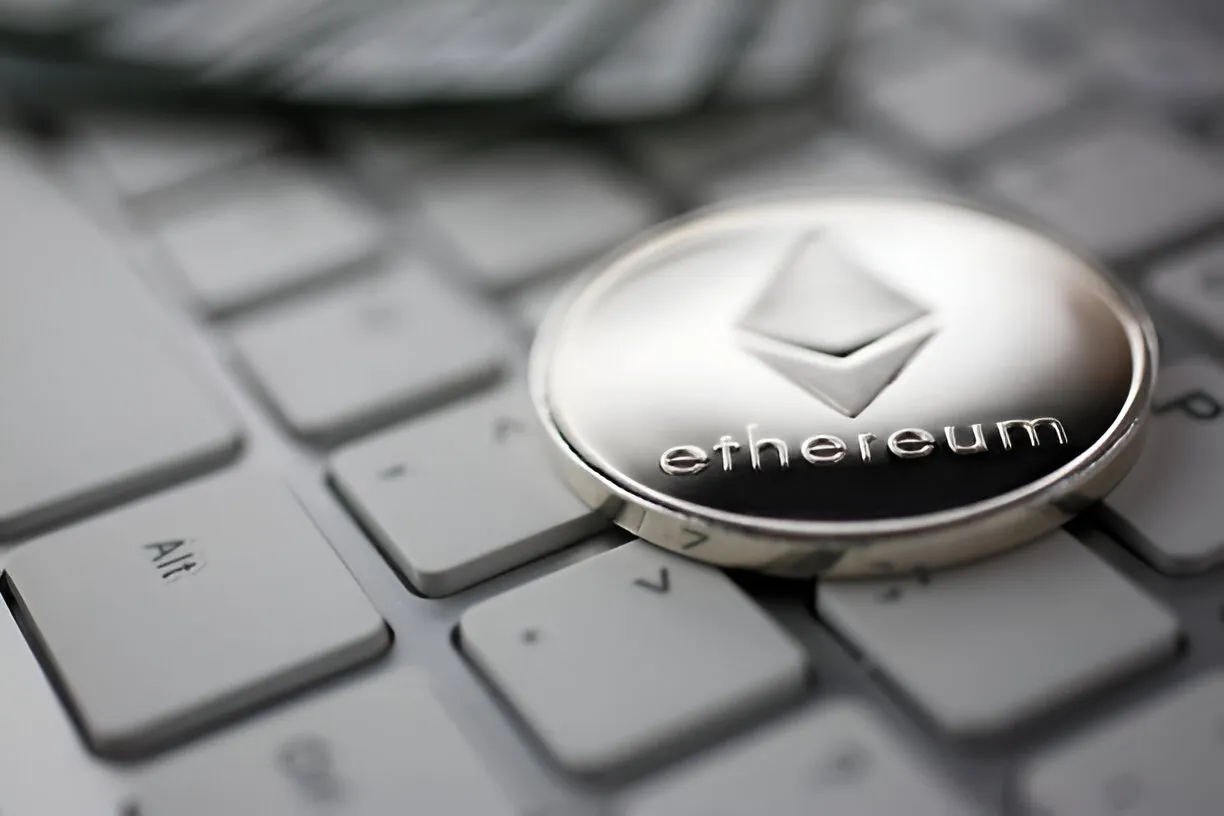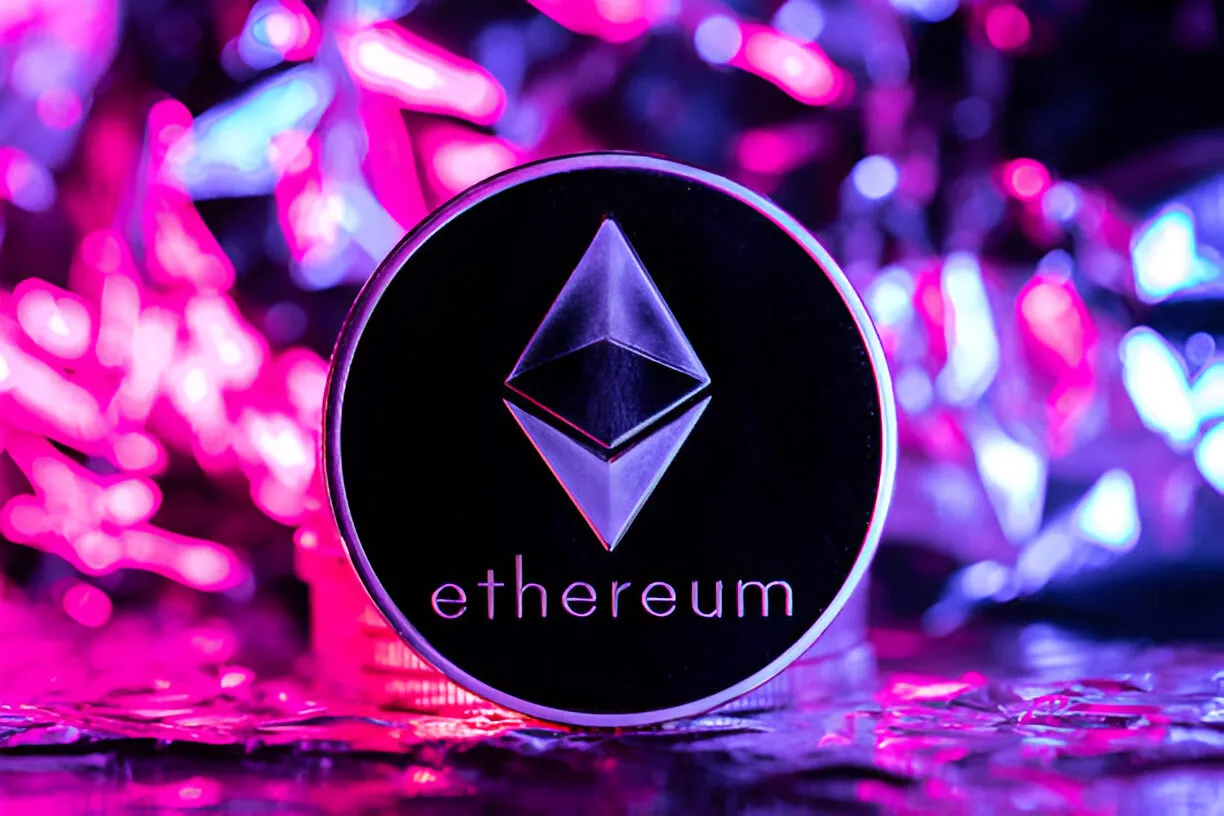With all the buzz around cryptocurrency, one question continues to surface: Is Ethereum a good investment? It’s a fair question especially in today’s financial climate where digital assets have grown from niche experiments to global economic tools.
If you’ve spent even a little time browsing crypto forums or watching the news, chances are you’ve heard about people profiting from Ethereum, losing on it, or just trying to understand what it actually does.
So, let’s take a closer look. What exactly is Ethereum? How does it work? And more importantly, should you consider putting your money into it?
What Is Ethereum?
Before evaluating whether Ethereum is a good investment, it’s essential to understand what it actually is.
At its core, Ethereum is a decentralized, open-source blockchain platform. Think of it as a massive digital network that allows people to build applications much like how developers use Apple’s App Store or Google Play. But instead of being owned by a single company, Ethereum runs on a global network of computers.
Unlike Bitcoin, which was primarily designed as a digital alternative to money, Ethereum has broader ambitions. It introduced the concept of “smart contracts” self-executing agreements coded directly into the blockchain.
These contracts eliminate the need for middlemen in various transactions and can be used for everything from real estate to gaming.
In short: Bitcoin is digital gold. Ethereum is programmable money.
How Ethereum Works
Ethereum operates on a decentralized network of computers, known as nodes. These nodes validate and record transactions, keeping the network secure and transparent.
Its native currency is called Ether (ETH), and it powers everything on the Ethereum network. Whenever you interact with an Ethereum-based application whether you’re minting an NFT, using a DeFi platform, or executing a smart contract you pay a fee in ETH.
This ecosystem supports thousands of decentralized applications (dApps) and has become the foundation for innovations in finance, digital art, identity, and more.
Why Investors Are Drawn to Ethereum
Ethereum has attracted a strong following of retail and institutional investors. Here’s why:
- Market Position: Ethereum is the second-largest cryptocurrency by market cap, trailing only behind Bitcoin. That status alone makes it a go-to asset for many portfolios.
- Real Utility: Unlike many speculative coins, Ethereum has actual use cases. It’s the backbone for thousands of decentralized apps and most NFTs.
- Continuous Improvement: The Ethereum network is actively evolving. With the introduction of Ethereum 2.0, the platform has shifted from energy-hungry proof-of-work to an eco-friendly proof-of-stake consensus model significantly increasing efficiency and scalability.
- Passive Income Potential: With staking, ETH holders can earn passive income by helping to secure the network.
- Institutional Support: Major financial institutions and companies have shown growing interest in Ethereum from Visa integrating Ethereum into their systems to Fortune 500 companies exploring ETH-based solutions.
What Sets Ethereum Apart?
Ethereum isn’t just another cryptocurrency. It has a few standout features:
- Smart Contracts: These are the heart of Ethereum’s functionality. They allow for automated, secure, and transparent transactions without third parties.
- NFTs: Most of the non-fungible tokens that have exploded in popularity from digital art to collectibles are built on the Ethereum blockchain.
- DeFi Ecosystem: Ethereum powers most of the decentralized finance world, enabling peer-to-peer lending, borrowing, and trading without traditional banks.
- Developer Community: Ethereum has one of the most active and innovative developer communities in blockchain, continuously pushing boundaries and creating real-world applications.
The Price of Ethereum: What You Need to Know
Ethereum’s price is highly volatile just like the rest of the crypto market.
At its peak, ETH traded above $4,000. At its lows, it’s dropped below $1,000. These swings can be exhilarating, but also stressful, especially for new investors.
The good news? You don’t have to buy a whole ETH. It’s divisible, so you can start with as little as a few dollars. Still, it’s wise to approach any crypto investment with caution and never invest more than you can afford to lose.
Understanding Ethereum’s Risks
While Ethereum has potential, it’s not without its share of risks:
- Volatility: ETH’s price can skyrocket or crash within days.
- Security Concerns: Although Ethereum is considered secure, vulnerabilities in smart contracts or dApps built on the network can pose risks.
- Regulatory Uncertainty: Governments worldwide are still figuring out how to regulate crypto. New laws or restrictions could impact Ethereum’s use and price.
- Technological Shifts: Competing blockchain platforms may offer faster, cheaper alternatives. If Ethereum doesn’t adapt fast enough, it could lose market share.
- Scams & Fraud: The decentralized nature of crypto also makes it a target for scams. New investors need to be cautious and well-informed.
Who Should Consider Investing in Ethereum?
Ethereum isn’t just for tech-savvy developers or crypto fanatics. But it’s also not for everyone.
Ethereum might be a suitable investment for:
- Long-term thinkers who believe in the future of blockchain
- Tech enthusiasts who understand how Ethereum fits into the broader innovation landscape
- Risk-tolerant investors with a diversified portfolio
- Individuals interested in earning passive income through staking
However, those looking for guaranteed short-term profits or who are uncomfortable with high volatility might want to stay away or start with very small amounts.
How to Buy Ethereum
Purchasing Ethereum is straightforward these days. Here’s a simple step-by-step process:
- Choose a Trusted Exchange: Use platforms like Coinbase, Binance, Kraken, or Gemini.
- Create an Account: Provide personal details and verify your identity.
- Fund Your Wallet: Link a bank account or credit card to deposit fiat currency.
- Buy ETH: Choose how much you want to buy and complete the transaction.
- Store Safely: Transfer your ETH to a secure wallet ideally a hardware (cold) wallet for long-term holding.
While exchanges are convenient, they’re not the safest place to store assets long-term due to the risk of hacks. Always prioritize security.
Should You Hold Ethereum Long-Term?
Many investors treat Ethereum as a long-term investment and with good reason.
Here’s why long-term holding (also known as “HODLing”) might be a smart move:
- Ethereum is constantly evolving with upgrades like sharding, which promises better scalability and speed.
- Major industries from finance to gaming are beginning to adopt Ethereum-based technology.
- Institutional interest continues to rise, adding stability and credibility to Ethereum’s future.
In essence, those who believe in blockchain as a transformative technology often see Ethereum as a core piece of that puzzle.
Can You Make Money with Ethereum?
Yes, but not without risk. Here are the common ways investors earn with ETH:
- Buy and Hold: Purchase ETH at a low price and sell it higher in the future.
- Staking: Lock up your ETH in the Ethereum 2.0 network to earn interest.
- Trading: Buy and sell ETH regularly to capitalize on price fluctuations (note: this requires experience and carries higher risk).
- DeFi Opportunities: Use ETH in lending protocols, yield farming, and liquidity pools to earn passive income.
Still, every strategy requires research and discipline. Crypto is not a guaranteed path to riches despite what social media influencers may suggest.
What’s Next for Ethereum?
While nobody can predict the future with certainty, Ethereum’s roadmap is promising.
Upcoming improvements include:
- Scalability Upgrades: Sharding and Layer 2 solutions to reduce congestion and gas fees.
- Sustainability: Ethereum is now far more energy-efficient after moving to proof-of-stake.
- Real-World Use Cases: More companies, governments, and developers are building real applications on Ethereum.
- Greater Adoption: As blockchain becomes more mainstream, Ethereum could play a central role in how we use the internet.
These factors contribute to a growing belief among experts that Ethereum has long-term staying power.
Tips Before You Invest in Ethereum
Thinking of taking the plunge? Keep these tips in mind:
- Start Small: Especially if you’re new to crypto.
- Do Your Own Research (DYOR): Understand how Ethereum works and what affects its price.
- Use Secure Wallets: Store your ETH safely, preferably offline.
- Watch the Market, But Don’t Obsess: Volatility is normal.
- Avoid FOMO: Don’t invest just because someone else is hyping it up.
- Invest Only What You Can Afford to Lose: This is the golden rule of crypto investing.
Final Verdict
So, is Ethereum a good investment?
The honest answer is: it depends on you.
Ethereum has real technology, broad adoption, a vibrant development community, and ongoing innovation. For those who understand its potential and are prepared for the risks it can be a compelling long-term asset.
But it’s not a fit for everyone. If you’re risk-averse, uninterested in tech, or looking for guaranteed returns, Ethereum might not align with your goals.
Ultimately, the best investment is one that suits your knowledge, risk tolerance, and financial plan. Ethereum could be that or it might just be a fascinating project to watch from the sidelines.
Either way, now you’re informed. And that’s the best place to star




